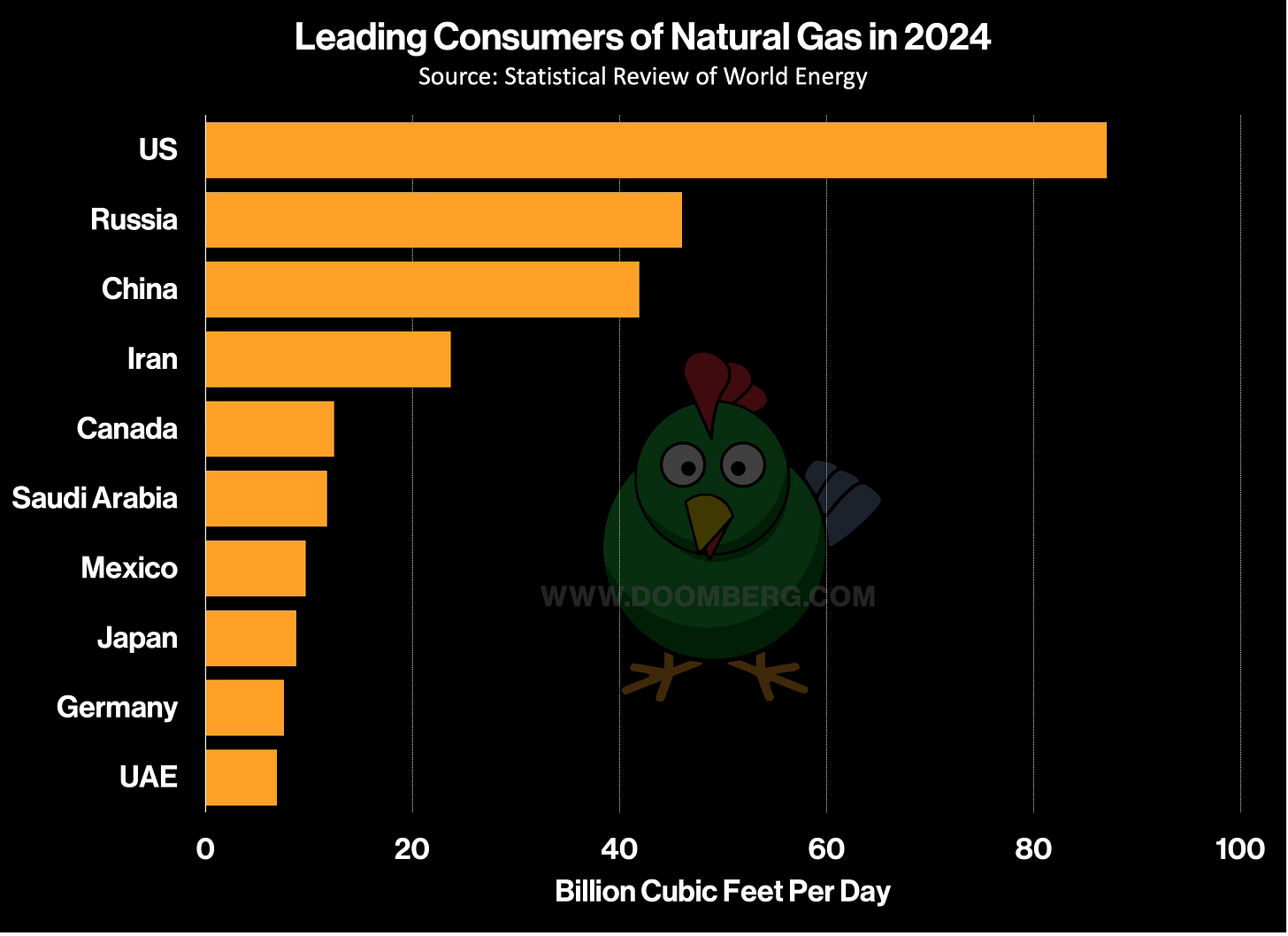Fields of Dreams
The awesome economic benefit of US natural gas production grinds inexorably higher.
“He who acts with a constant view to his own advantage will be much murmured against.” – Confucious
The election of British Prime Minister Margaret Thatcher in 1979 left the opposition Labour Party deeply conflicted about how to respond. Many argued that the party needed to double down on its leftist ideology, while others believed that orientation precisely triggered its defeat. In 1981, four senior Labour leaders—Roy Jenkins, David Owen, Shirley Williams, and Bill Rodgers—split and formed the new Social Democratic Party (SDP) to offer a more moderate option for British voters.
Despite some early success, the SDP is no longer a significant force. In the last general election, the party contested 122 constituencies but won no seats, securing just 33,811 of nearly 29 million votes cast.
Our interest in this obscure corner of British politics arises from a recent energy policy paper published by the SDP and kindly sent to us by a subscriber. The 60-page document, titled “Abundant Energy,” might be the sanest thing we’ve read from a British political outfit in years. Here’s how SDP Party Leader William Clouston opens the foreword:
“That this Green Paper exists is a tragedy. For decades, Britain has sleepwalked into an abyss which has made us poorer, weaker, and gutted our industrial base. The heart of this is a self-induced energy crisis which has been catastrophic for our welfare and security. Britons now suffer the highest energy prices in the developed world, with our collective wealth continually drained to fund vast energy imports.
How did Britain—an energy rich nation—sink into an energy crisis? We argue below that the causes were part indifference, part profiteering and part lunacy. And it happened because of pretence: an ill-fated attempt to ignore the material world. But as we are finding out, the material world matters, production matters, and tangible needs matter.”
Clouston went on to argue that the British elite have traded the country’s prosperity for self-righteousness, that Britain should immediately embrace domestically produced natural gas as a core strategic fuel, and that a major nuclear energy renaissance should be an urgent national priority. Naturally, we have little to add by way of critique, although we might have led with the lunacy.
The exactitude of Clouston’s diagnosis of what ails Britain also serves to highlight the enormous chasm in energy positioning between it and its former colonial possession, a topic of particular interest as US President Donald Trump makes his second state visit to Britain since his January inauguration. In less than two decades, the shale revolution, and the enthusiasm with which key US states embraced the technology, catapulted America into the world’s preeminent oil and gas producer by a wide margin. According to the Statistical Review of World Energy, the US produced 32 times more of the two fuels than the UK in 2024.
Although oil statistics tend to gain more attention, the doubling of the country’s natural gas production in so short a time will have a more positive and long-lasting impact on its economy. With the US consuming the vast majority of what it produces domestically, it underpins a resurgent manufacturing sector with an enviable combination of abundant supply and extremely low prices.
That natural gas is more difficult to handle and transport is itself a formidable and durable moat. Once built, the vast array of midstream assets needed to capitalize on the virtually unlimited US natural gas bounty catalyzes more drilling—a virtuous build-it-and-they-will-come cycle that can confound those less familiar with industry dynamics.
On a scale akin to the US Interstate Highway System, and even the nation’s electric grid itself, US natural gas infrastructure is reaching a tipping point beyond which it will bequeath future generations an inheritance the people of Britain can only envy. Already, it stands among the most complex, integrated, and valuable machines humanity has ever built. Let’s dive into the details of one of the most underappreciated economic developments of our time.



